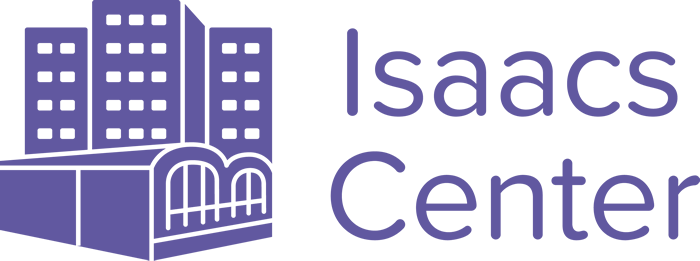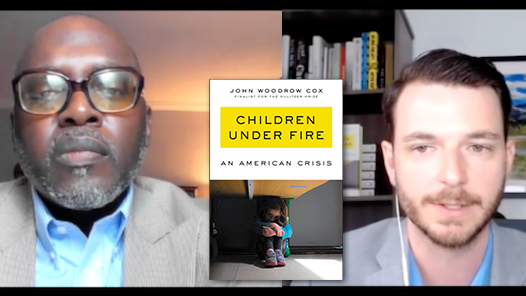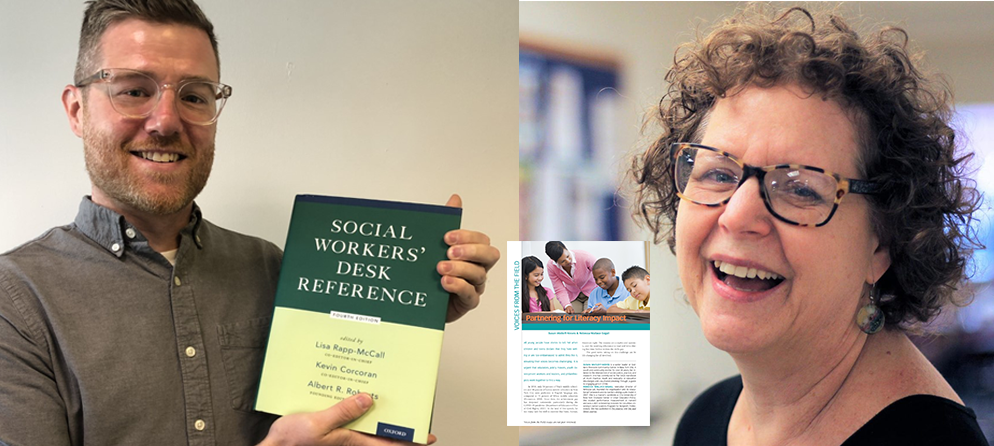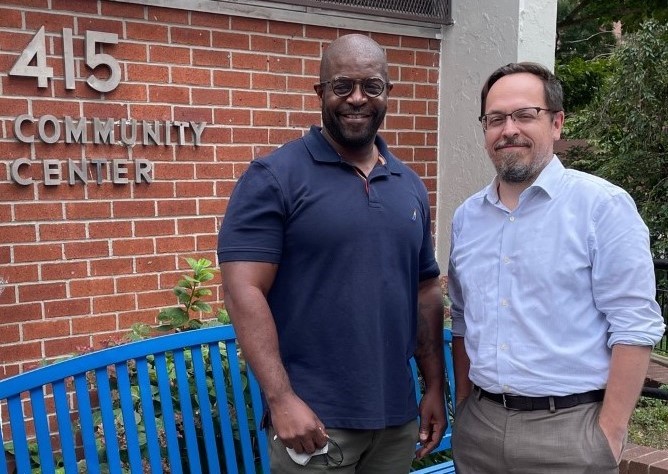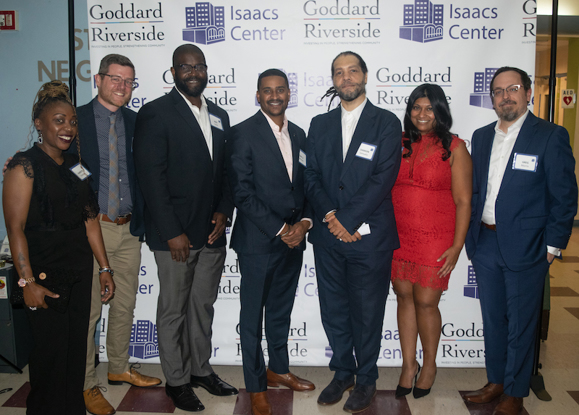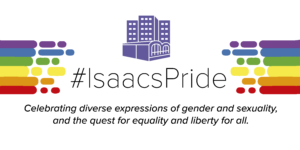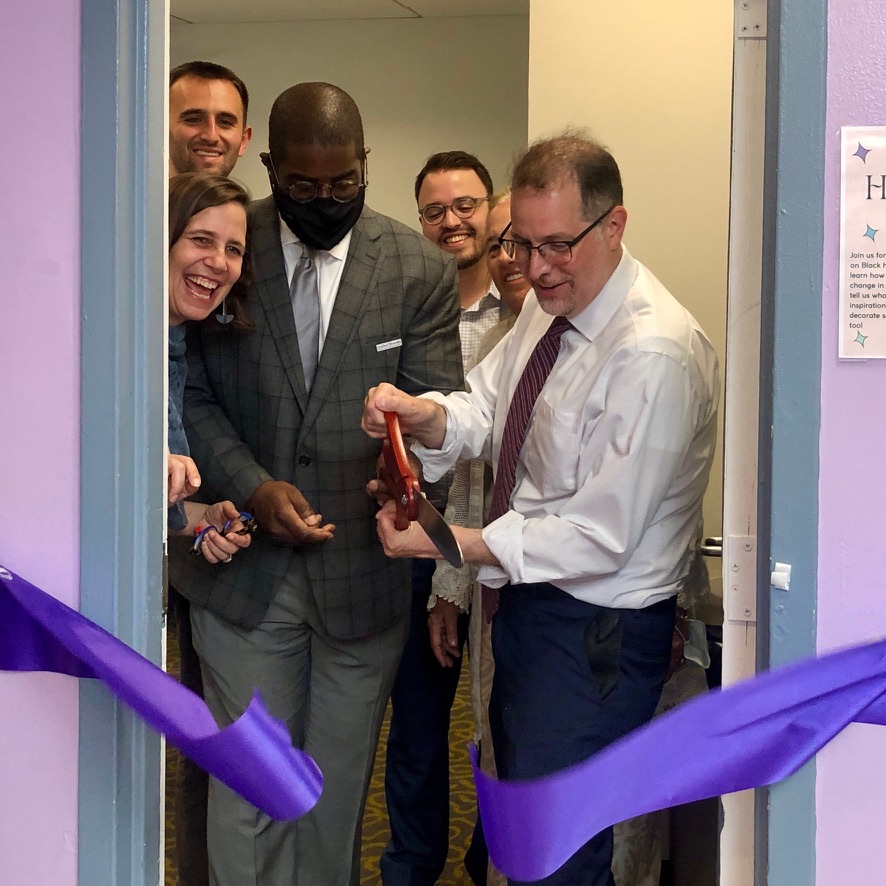
The Isaacs Center cut the ribbon on a new high-tech classroom in May, paving the way for community members to get training for good jobs in the technology sector.
The new classroom is the result of a partnership with Per Scholas, a national organization that helps people from diverse backgrounds become qualified for high-growth careers in the tech industry.
“This Per Scholas classroom will be transformational. After three months of training, participants graduate with one of the most in-demand, dynamic skill sets that will open new doors to career possibilities and financial security,” said Manhattan Borough President Mark Levine at the ribbon-cutting.
“As one of the institutions most committed to bridging the digital divide in Manhattan, the Isaacs Center could not be a better partner for this collaboration.”
City Councilmember Gale Brewer and a representative from City Councilor Julie Menin’s office also attended the ceremony, along with Abby Jo Sigal, who heads the Mayor’s Office of Talent and Workforce Development.
The first class, which started this week, is a 12-week IT Support program culminating in a CompTIA A+ Certification and Google IT Support Professional Certificate. The free program also provides workplace exposure and connections to employers to help place students in jobs.
The technology career path will join other successful offerings in the Isaacs Center’s Education and Workforce Training program, including culinary studies and health care.
“At the Isaacs Center, the goal is for our Education & Workforce program to become a ‘one-stop shop’ for clients that offers a multitude of services to young and older adults at one location,” said Shayla Simpson, Isaacs Center director of education and workforce development.
